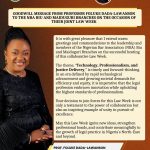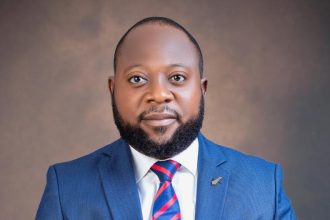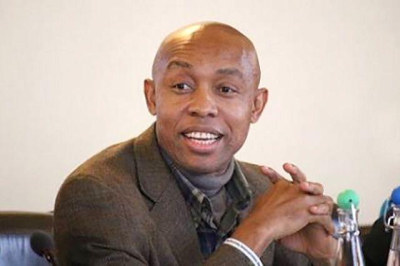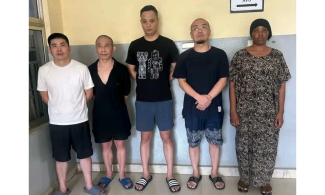FIDA Nigeria has repeatedly witnessed the devastating impact of human trafficking on families, particularly women and children. We have listened to the voices of displaced girls forced into sexual slavery, children deceived into forced labor, and young women lured into servitude abroad under false promises of a better life. These are not isolated tragedies, but the result of a vast, organized criminal enterprise thriving on poverty, corruption, insecurity, and weak institutions.
Across Nigeria, trafficking networks continue to flourish. Children are transported from rural villages to urban centers for exploitation as domestic servants and laborers. Girls are trafficked by close relatives under the guise of education or job opportunities, only to be subjected to abuse. Boys toil in plantations, mining pits, construction sites, and sex markets — maltreated, malnourished, and denied fair pay, with their health and dignity gravely endangered.
Victims remain hidden in unregulated sectors, unheard and unprotected. This silence must end. Human trafficking is not just a social problem; it is a violent, billion-dollar criminal industry that demands an equally deliberate, coordinated response.
FIDA Nigeria calls for urgent, decisive action in the following areas:

-
Strengthen Law Enforcement: Improve intelligence gathering, investigations, and swift prosecutions. Trafficking syndicates are structured and intentional — our response must be equally firm.
-
Enforce Anti-Trafficking Laws: Justice must not be delayed. Laws must be applied swiftly and visibly.
-
Prioritize Victim Support: Enhance early identification, safe shelters, trauma-informed care, legal aid, and reintegration programs.
-
Amplify Prevention and Awareness: Educate families and communities, especially in rural areas, in local languages on the tactics of traffickers and available support systems.
-
Strengthen Regional and Transnational Collaboration: Traffickers operate across borders. Intelligence sharing, coordinated enforcement, and regional cooperation are vital.
-
Invest in Vulnerable Communities: Address poverty through quality education, youth empowerment, social protection, and sustainable economic opportunities.
-
Forge Strong Partnerships: Government, civil society, religious leaders, survivors, and the private sector must work together on survivor-centered, results-driven interventions.
Human trafficking is not a lapse in judgment; it is organized, systemic, and violent. Behind every statistic is a human name, a stolen face, and a lost future.
FIDA Nigeria insists: this modern-day slavery must end. The fight requires bold leadership, strong institutions, and an unwavering commitment to justice, dignity, and human rights.
READ MORE:









